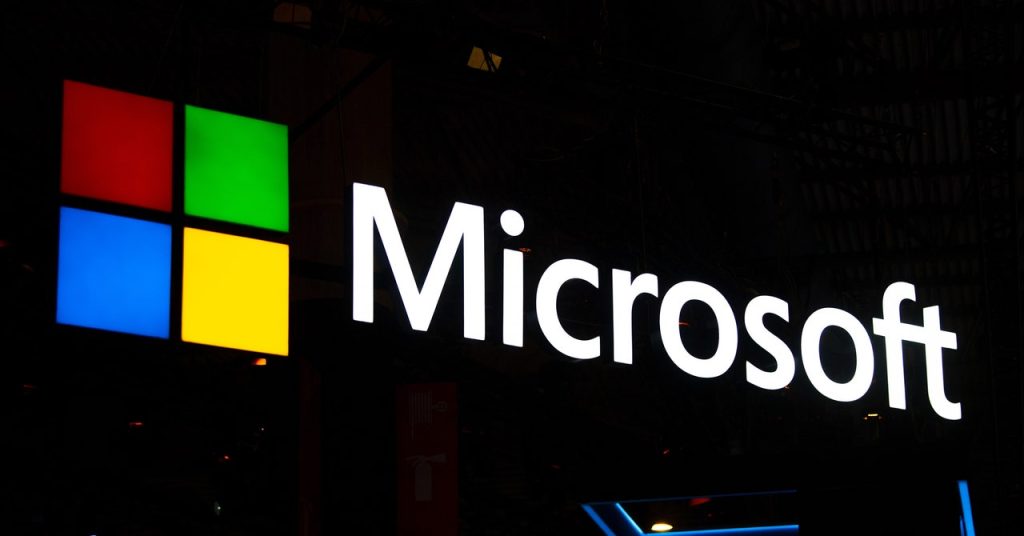Microsoft’s Recall Feature: A Controversial Security Concern
Privacy Issues and Criticism
The introduction of Microsoft’s Recall feature has sparked significant criticism from the security and privacy community. Recall silently captures a screenshot of the user’s activity every five seconds for AI analysis, which experts have labeled as unrequested, preinstalled spyware on new Windows computers.
Data Collection and Security Risks
In its preview versions, Recall collected sensitive data, including bank logins and passwords, indefinitely on the user’s machine by default. Although this data is stored locally and not uploaded to the cloud, cybersecurity experts warn that it remains accessible to any hacker who gains temporary access to a Recall-enabled device, providing a comprehensive view of the victim’s digital life.
“It makes your security very fragile,” as Dave Aitel, a former NSA hacker and founder of security firm Immunity, described it—more charitably than some others—to The Zero Byte earlier this week. “Anyone who penetrates your computer for even a second can get your whole history. Which is not something people want.”
Microsoft’s Response and Improvements
In response to the backlash, Microsoft announced that Recall would become an opt-in feature. The company also plans to enhance data protection by requiring users to authenticate via Microsoft Hello whenever they enable Recall or access its data, using a PIN or biometric check. Additionally, Recall’s data will remain encrypted until the user authenticates.
Ongoing Concerns
Despite these improvements, experts like Jake Williams, VP of R&D at cybersecurity consultancy Hunter Strategy, still see significant risks. Many users may enable Recall due to Microsoft’s marketing, exposing them to unresolved privacy issues, such as domestic abusers demanding PINs or legal actions requiring data disclosure.
“Satya Nadella has been out there talking about how this is a game changer and the solution to all problems,” Williams says, referring to Microsoft’s CEO. “If customers turn it on, there’s still a huge threat of legal discovery. I can’t imagine a corporate legal team that’s ready to accept the risk of all of a user’s actions being turned over in discovery.”
Microsoft’s Security Challenges
The Recall controversy comes amid a series of cybersecurity incidents and breaches at Microsoft. These issues have become so problematic that CEO Satya Nadella recently issued a memo prioritizing security in all business decisions.
“If you’re faced with the trade-off between security and another priority, your answer is clear: Do security,” Nadella’s memo read (emphasis his). “In some cases, this will mean prioritizing security above other things we do, such as releasing new features or providing ongoing support for legacy systems.”
Conclusion
Despite Microsoft’s efforts to address the security concerns surrounding Recall, the rollout still reflects a pattern of announcing features, facing criticism for security flaws, and then scrambling to mitigate the damage.

6 Comments
How does disabling email recall enhance security measures at all?
Email recall…disabled, for security? Seems like a convenient excuse!
Wow, disabling email recall—guess we’ll have to live with our mistakes forever now.
Zephyr: Microsoft just upped the stakes for typo-induced panic attacks!
QuillQuestor: So, no more taking back that awkward email, thanks to “security” concerns?
Gossamerg: Great, now there’s no undo button for our email errors.